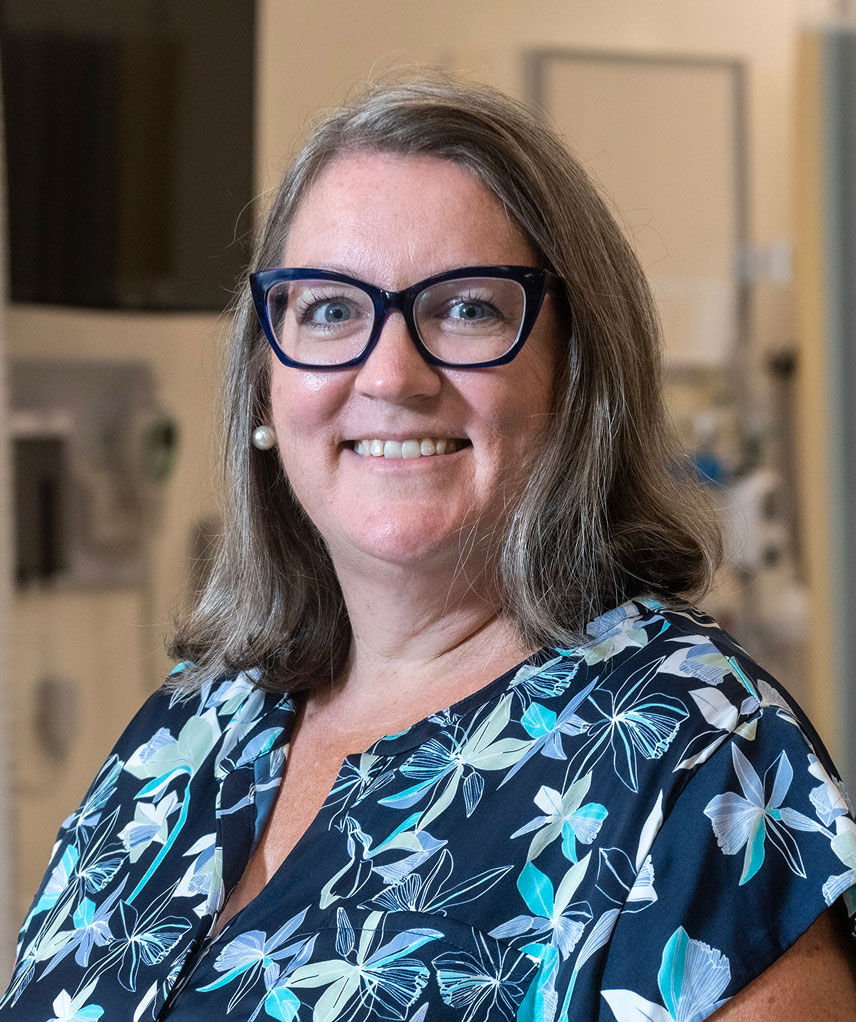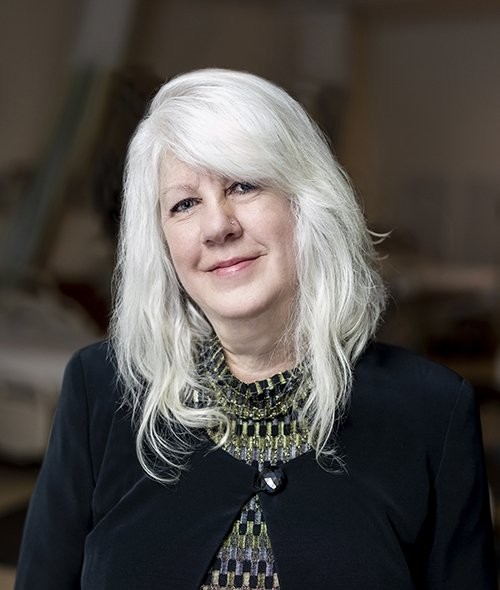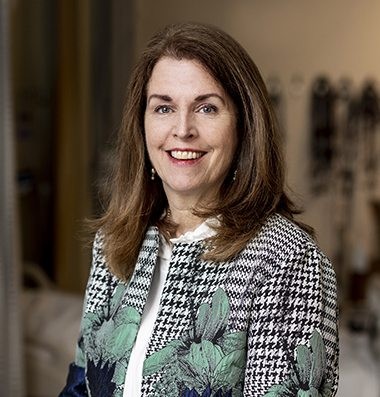


Equipped with realistic exam rooms, a surgical suite, and computerized manikins, the state-of-the-art Simulation Lab is a risk-free learning environment where students can put their clinical skills to the test.
View 360-degree panoramic images of some of our clinical learning spaces by selecting one of the spaces located on the map below.
The Connell School moved into our new home in 2015. Maloney Hall, our main building, features the Brown Family Clinical Learning Lab, the Simulation Lab, and an inviting lobby.
With 12 hospital beds, low-fidelity manikins, and task-training models, this 2,000-square-foot laboratory enhances our students’ training. Thanks to a generous gift from Scott Brown ’79 and his wife, Tracy Burnett Brown ‘80, Boston College parents, students can complete their classwork and practice clinical skills in a realistic environment. With greater access to experiential learning, they gain confidence and strengthen their knowledge at all levels, from foundational skill-building to advanced simulation exercises that encourage critical thinking.
As nursing simulation plays an increasingly critical role in coursework, CSON students can apply what they learn in the classroom at the Simulation Laboratory. Featuring four realistic hospital settings and the latest in clinical teaching tools—including computerized high-fidelity manikins—the lab lets instructors simulate a wide range of medical scenarios and emphasizes teamwork. Four hospital rooms and five control rooms and four debrief rooms help prepare students for what they can expect during their clinical rounds and throughout their careers.
Five examination rooms feature exam tables, writing desks, supply cabinets, sink/soap dispensers, and wall-mounted equipment. Students utilize these spaces for clinical assessments as well as to hone their skills for clinical practice.
The Student Learning Commons on Maloney Hall’s second floor is connected to the nursing labs. Students have access to quiet study areas and collaborative areas, including AV-equipped work rooms. The lounge also has a pantry with a microwave, lockers, and laptops and textbooks available for loan.
2000
Square feet of learning space in the Brown Family Learning Laboratory, which is equipped with 12 hospital beds.
4
Simulation rooms, set up to resemble a pediatric exam room, adult hospital room, maternity room, and surgical suite.
5
Primary care exam rooms, where simulations involving live patient actors take place.
12+
Moderate and high-fidelity manikins representing a range of ages from infants to adults.

Arlene McGuane, Ed.D., M.S.N., RN
Director, Clinical Learning and Simulation Centers and Associate Professor of the Practice

Jeanie Foley, BA, MS
Assistant Director, Simulation Operations

Eileen Sullivan, MSN, MS, RN
Assistant Director, Learning Laboratories
Arlene McGuane, Ed.D., M.S.N., RN, is the Director of Clinical Learning and Simulation Centers at the Connell School of Nursing. She received her B.S.N. from Wagner College, her M.S.N. from SUNY Polytechnic Institute, and her Ed.D. from Teachers College, Columbia University.
Jeanie Foley specializes in integrating innovative simulation technology into the school of nursing curriculum. She plays a pivotal role in the design and development of the Simulation Center hospital rooms. Jeanie is skilled in the art of medical moulage and skilled in simulation technology.
Eileen Sullivan is responsible for the day-to-day running, maintenance, and upkeep of the Brown Family Learning Lab, as well as the five exam rooms located in the Connell School of Nursing's clinical space. She collaborates with professors who teach in the lab. In addition, she also teaches in the undergraduate nursing program.
“ The labs at CSON are designed to provide our students with a safe hands-on learning environment that supports the development of knowledge, skills, and attributes that are essential for the transition to practice in contemporary healthcare environments. ”